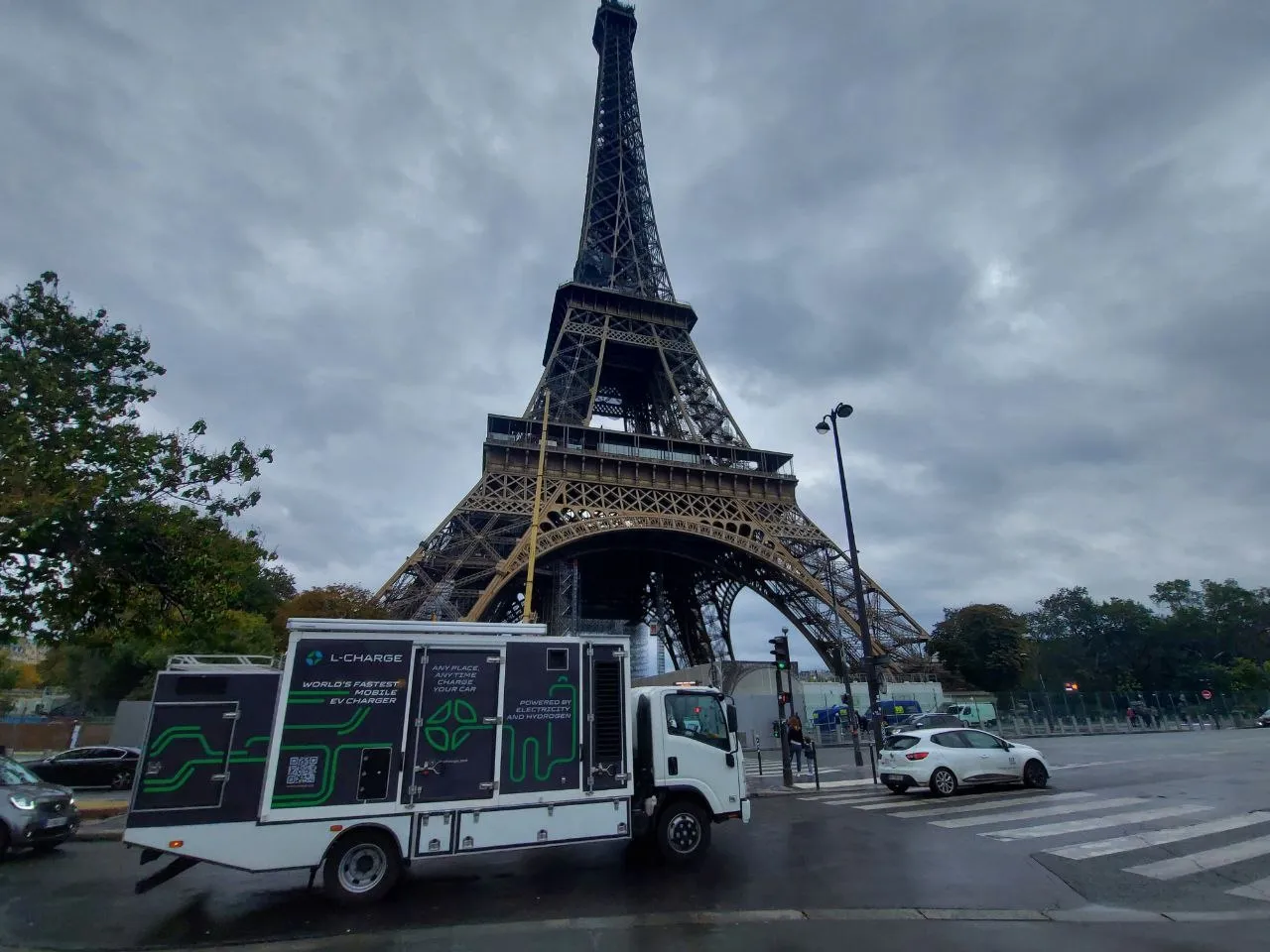In its 2017 Budget, the Singapore
It also announced that the emission factor to be used for computing the carbon dioxide (CO2) emissions of electric vehicles (EVs) and plug-in hybrid vehicles (PHEVs) under the VES would be announced later and that it would take into consideration the fact that EVs and PHEVs consume electricity which produces CO2 at the point of power generation, even though they have no tailpipe emissions.
LTA has now completed its review of the emission factor, which will be fixed at 0.4 g CO2/Wh for the duration of the VES. The fixed emission factor will provide the industry with greater certainty in planning for the importation of EVs and PHEVs, and is based on the latest 2016 Electricity Grid Emission Factor published by the Energy Market Authority, which is 0.4244 g CO2/Wh.
The emission factor of 0.4 g CO2/Wh will also be applied to the extended Carbon Emissions-based Vehicle Scheme (CEVS), from 1 July 2017 to 31 December 2017.
Singapore announces vehicle emissions scheme
In its 2017 Budget, the Singapore Land Transport Authority (LTA) announced the introduction of a Vehicular Emissions Scheme (VES), which will run from 1 January 2018 to 31 December 2019.
June 30, 2017
Read time: 1 min








